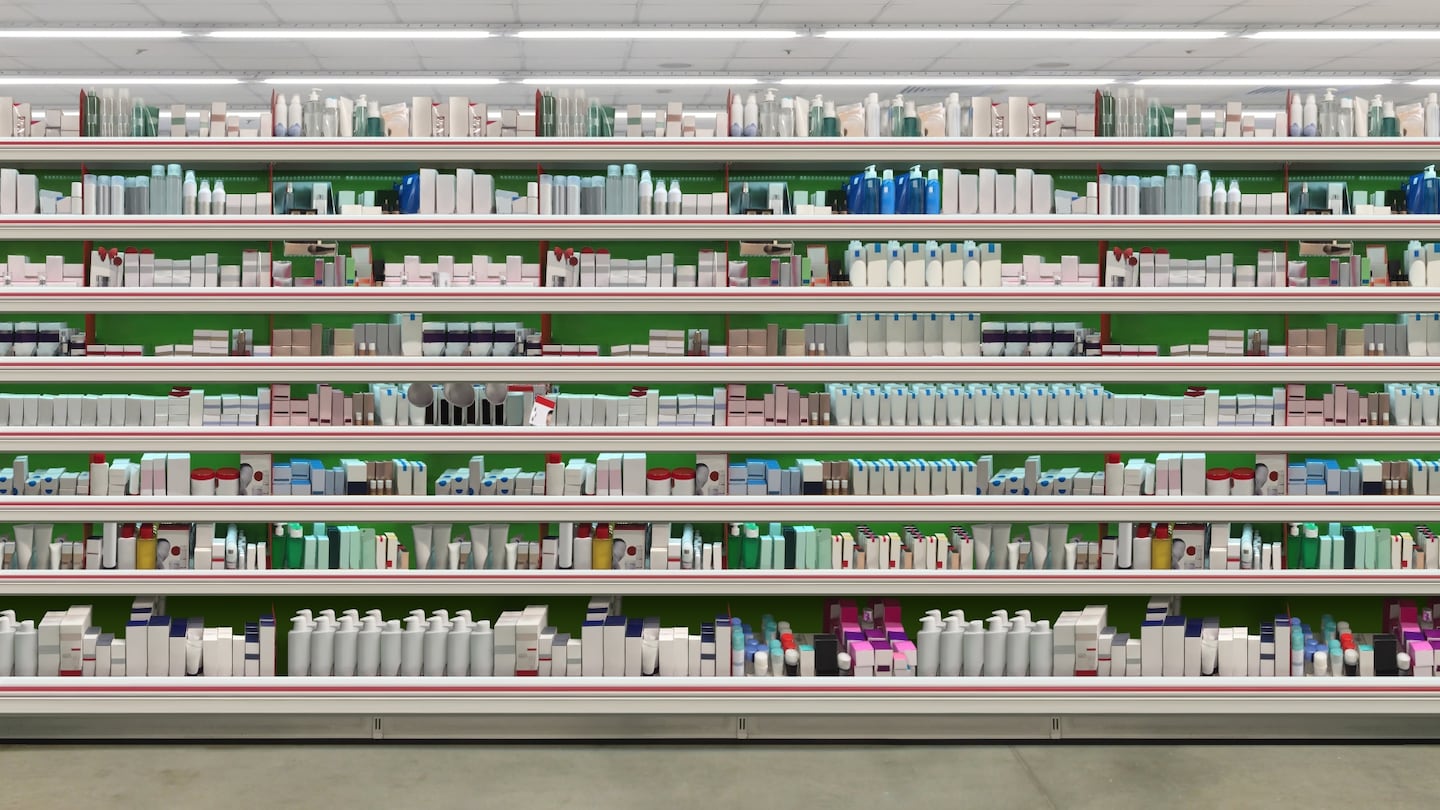
The Business of Fashion
Agenda-setting intelligence, analysis and advice for the global fashion community.

Agenda-setting intelligence, analysis and advice for the global fashion community.

There’s been an increased demand for more bespoke skin care options, with a number of brands — Curology, Atolla, 4.5.6 Skin and more — vying for market share. Sales are growing, and existing players are raising millions of dollars from investors to expand their product ranges. Newer entrants are rushing to patent or promote their differentiated concepts.
Like with many beauty trends, there’s no set definition for what “personalised” or “customised” mean when they appear on a jar of moisturiser or acne cream. These products exist on a spectrum, from lines that use online quizzes to recommend “personalised” routines involving off-the-shelf products, to custom-blend formulas tailored to an individual customer’s DNA, or even their plasma.
I’m wary of extreme customisation. But somewhere between a suggested regimen on a brand’s website and one-in-a-billion formulations, there’s a big market to crack.
Take brands like Hers or Ro Derm, which are putting a telemedicine spin on the visit to the dermatologist, the original “personalised” skin care. Customers of Hers’ Skin RX line speak virtually with a health care provider, who recommends products that can be purchased online. (They also write prescriptions for items like the Acne RX Cream, which contains the ingredient tretinoin, not available over the counter.) Following a 10-minute virtual consultation, Ro Derm sells a “Custom Rx Treatment,” formulated with a “blend of ingredients that were hand-selected by a dermatologist and customised to fit your needs” that may include tretinoin and azelaic acid, if needed.
ADVERTISEMENT
This concept is solid, and grounded in existing dermatological practices. Others that do this include Curology and Atolla, which was acquired last year by Function of Beauty.
But some brands promise too much. They risk turning an interesting idea with some real merits into an empty marketing gimmick with DNA or saliva tests.
(This sentiment doesn’t extend to makeup, where the custom blending of foundations and other colour products are less rooted in science and medicine. A good custom foundation straightforwardly does what it sets out to do: exactly match one’s skin tone.)
Brands keep trying to play in this space because customers are still enamoured by anything claiming to be “customised” or bespoke. Each company has a slightly different angle or technology, but the trend is playing out the same as celebrity or “clean” beauty brands. A few had success early on so now everyone is clamouring to do it.
Being seen as more than a gimmick is one challenge. A bigger one is finding the right distribution model.
The vast majority of beauty sales occur in a physical store and most personalised beauty products are only sold online. Curology, Function of Beauty and others were created as technology-first, direct-to-consumer operations when digital brands were seen as the future. Now, the pendulum has swung back and made strong wholesale partnerships at places like Ulta Beauty or Target essential to scaling. Function of Beauty sells a selection of its hair care at Target with modified personalisation through “booster shots” customers add to existing product.
Ultimately, success will come down to which of these players can figure out how to un-D2C their operations. This will likely prove to be challenging, since the foundation of these companies is their technology, including algorithms that analyse responses to quizzes and platforms that spew out recommendations and configure endless formula variations.
 Opens in new window
Opens in new windowThe market for customised skin care is increasingly crowded, with brands using patented tech to gain an advantage. However, scaling takes creativity.
Lime Crime’s decision to move out of prestige amid the highest inflation levels in decades bucks industry trends, but the company sees it has a necessary step in its rebranding.
Garance Doré, one of the original fashion bloggers, is launching a brand that embraces simple, French-inspired beauty routines, in a market where multi-stage regimens are the norm.
The battle for exclusive international beauty launches is intensifying as Nykaa, Tira and more set their eyes on expansion.
As in-person retail continues to recover, store owners and marketers are working hard to press the main advantage analogue shopping has over digital: its appeal to all the senses.
What had once been a nimble, innovative company, Neutrogena became slow-moving and cautious. It retreated precisely when rivals went all in – and missed out on a big chunk of the market.
According to an email viewed by The Business of Beauty, the company will be on hiatus while it establishes a sustainable path to return as a new company.